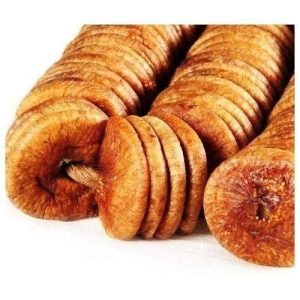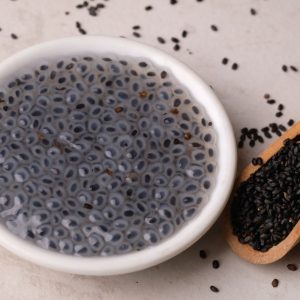Nuts Groundnuts
₹42.00 – ₹84.00
Heart Health: The healthy fats and antioxidants in singdana may help reduce the risk of heart disease by lowering LDL cholesterol levels and improving heart health.
Singdana, scientifically known as Arachis hypogaea, is an annual herbaceous plant that belongs to the Fabaceae family. It is cultivated for its edible seeds, which develop underground in pods. Singdana seeds are oval-shaped with a thin brown outer skin and are typically found in pairs inside the pods.
Culinary Uses: Singdana seeds are versatile and can be consumed in various forms, including raw, roasted, boiled, or processed into peanut butter, oil, flour, and other products. They are commonly used in cooking, baking, and snack foods. Singdana is also used as an ingredient in many savory dishes, salads, sauces, and desserts.
Nutritional Value: Singdana is highly nutritious and provides a rich source of essential nutrients, including:
- Protein: Singdana seeds are a good source of plant-based protein, making them a valuable addition to vegetarian and vegan diets.
- Healthy Fats: Singdana contains heart-healthy monounsaturated and polyunsaturated fats, including omega-6 fatty acids.
- Vitamins and Minerals: Singdana is rich in vitamins and minerals, including vitamin E, niacin, folate, magnesium, phosphorus, and potassium.
Health Benefits: Consuming singdana as part of a balanced diet may offer several health benefits, including:
- Heart Health: The healthy fats and antioxidants in singdana may help reduce the risk of heart disease by lowering LDL cholesterol levels and improving heart health.
- Weight Management: Singdana is high in protein and fiber, which can promote feelings of fullness and help with weight management by reducing appetite and calorie intake.
- Blood Sugar Control: Singdana has a low glycemic index and may help stabilize blood sugar levels, making it a suitable snack option for individuals with diabetes.
- Nutrient Absorption: The healthy fats in singdana can enhance the absorption of fat-soluble vitamins like vitamin E, improving overall nutrient absorption.
Availability: Singdana is widely available in grocery stores, supermarkets, and markets worldwide, both in its raw and processed forms. It is sold as whole nuts, shelled nuts, roasted nuts, peanut butter, peanut oil, and other products.
Storage: Store singdana in a cool, dry place in an airtight container to prevent spoilage and preserve freshness. Properly stored singdana can last for several months to a year, depending on the form and storage conditions.
Usage Tips: When using singdana in recipes, be mindful of potential allergies, as peanuts are a common allergen for some individuals. Singdana can be enjoyed on its own as a snack, added to salads, stir-fries, curries, baked goods, and desserts, or used as a garnish for various dishes.
| WEIGHT | 10GM, 50GM, 100GM, 200GM, 500GM, 1KG |
|---|










Reviews
There are no reviews yet.